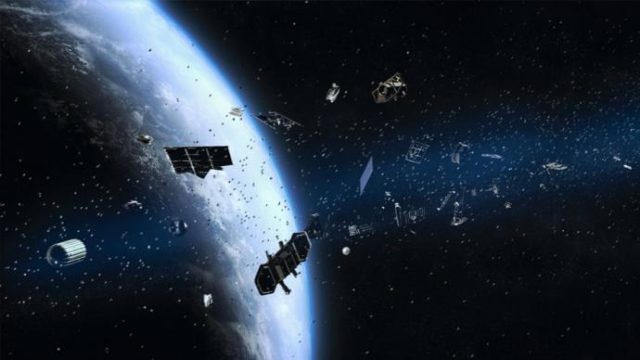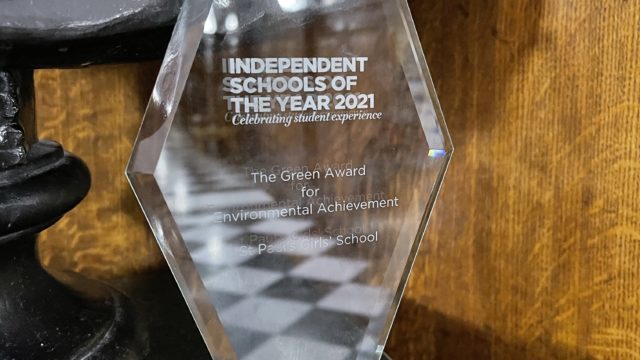iPaulina

Reaching For The Stars
Is Space Exploration Truly Worth the Cost?Nowadays, new technology is ubiquitous: the public is becoming increasingly reliant on the inexorably expanding internet while researchers and scientists are conducting experiments using techniques that were previously non-existent. One of the consequences of this continual advancement in technology is the progress in space exploration—something that has become so entrenched within our culture that even fashion chains are selling garments decorated with the NASA logo.
We have come a long way from believing that the Earth was flat or that all the planets orbited our planet. In 1957, the USSR sent their first unmanned mission into space, engraving humanity’s mark on the universe outside of Earth, simultaneously initiating what was known as the ‘space race’ and heightening the tensions of the Cold War. Since then, we have been ever-more eager to find out what lies beyond our atmosphere. But the rise in space exploration has sparked yet another question: is it really necessary? Is the thirst for knowledge about things that lie beyond our planet worth the cost?
Ask anyone, and you will almost certainly find that even the layman is aware that space exploration is far from being cheap: NASA’s Space Launch System (SLS) can cost up to 500 million USD per launch. Not only does it cost a fortune to build and to launch a rocket, but the money required to provide sufficient resources for long space cruises is also substantial. Because of this, some may argue that space exploration should not be considered one of our biggest priorities; rather, we could be focusing on using this money to conduct more medical research or to take measures to bridge the gap between the rich and the poor.
However, space exploration is also immensely beneficial. With the issue of climate change, Earth’s depleting resources, and the increasing urgency to ensure that future generations can still survive, space exploration can be seen as necessary as it can provide potential solutions to these problems. Stephen Hawking once warned us that humans may only have 1000 years left on Earth; because of this, ‘we must go beyond our humble planet’ to continue our search for solutions, whether it be finding another planet we can live on, or finding a way to build space stations that can at least last us some more time.
Space exploration has aided humans in the past. Arguably, one of the most tangible benefits that space exploration has brought us is that we can now study the Earth from orbit using satellites. From this, humans gained more insight into climate and weather systems, and we can now predict the weather more accurately. In fact, satellites have provided a crucial piece of evidence for climate change; data has shown that since 1979 Arctic ice has been diminishing in size. Satellites are also used in radio and television communications. It is thanks to these artificial satellites that Google Maps allows you to navigate your way: iPhones are equipped with AGPS chips to gather information from satellites to figure out how far away you are from them, thus triangulating your signal on earth.
However, the most important benefits of space exploration are the most intangible aspects of it. Humans are curious creatures; it is our ambition and curiosity that has enabled us to adapt to our hostile environment. Space exploration is just another modern day incarnation of our curiosity, as we strive for more understanding about the universe. Can you really put a price tag on acquiring knowledge for the sake of knowledge?
It is undeniable that space exploration comes with a multitude of costs, whether financial or environmental, but simultaneously it has opened up new doors for us in many different ways. The question of whether or not it is worth the cost remains debatable for many of us. Ultimately I believe it is in our nature to strive for the impossible.
Hawking himself once said, ‘Who knows what the limits would be?’
Michelle VII







